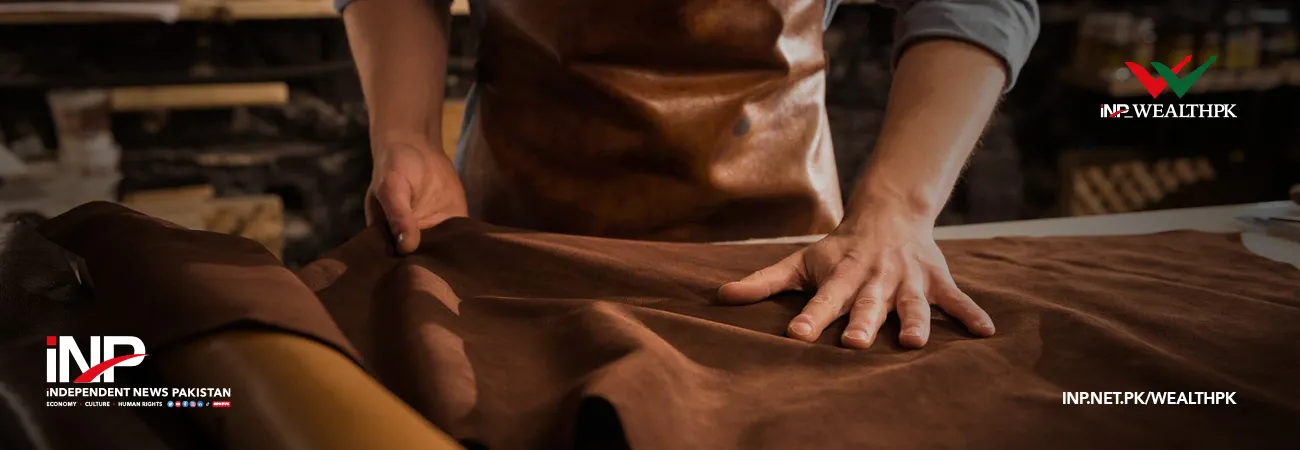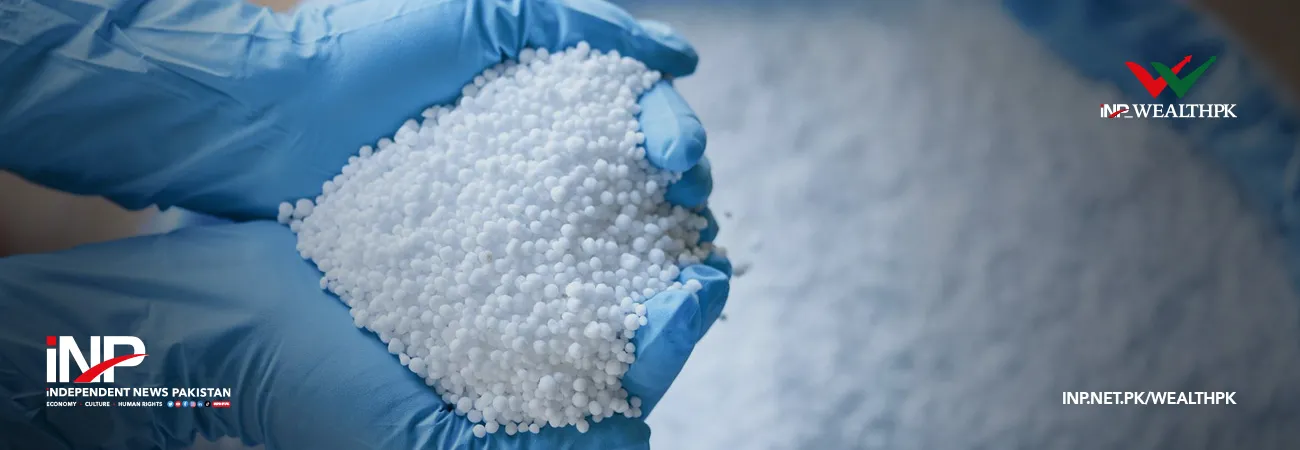آئی این پی ویلتھ پی کے
Ahmed Khan Malik
As Sindh’s leather sector faces hardships, industry leaders are urging the federal and provincial governments to introduce urgent, incentive-based relief through the Export Development Fund (EDF). Prominent industrialists warn that the sector is struggling under an unsustainable regime of high energy tariffs, escalating taxation, a liquidity crunch, and procedural burdens associated with statutory regulatory orders (SROs).
Industry reports that approximately Rs 2.5 billion is owed to them in pending tax refunds and duty drawback claims—virtually paralyzing export operations. This backlog, compounded by rising borrowing costs, has pushed several exporters to the brink of complete shutdown. Located in Karachi and Hyderabad, the leather sector is calling for measures such as reduced import duties, tariff waivers on chemicals and dyes, and grant-backed export incentives, including Duty and Tax Remission for Exports (DTRE).
Executives estimate that export costs could be cut significantly—especially if customs duties on chemicals are slashed from current levels (20–26%) to approximate the 7–8% rates. Speaking to WealthPK, leather industrialist Talib Naqi emphasized that Pakistan’s upstream costs—notably raw hides, energy, and labor productivity—are falling behind those of regional competitors.
He suggested incentivizing sample exports through freight subsidies and exempting samples from onerous import duties to improve global market access. Naqi noted that both provincial and federal authorities have proposed targeted measures. Referring to Federal Planning Minister Ahsan Iqbal’s statement, he highlighted that the leather industry is considered a “cornerstone” of Pakistan’s economy and that the government intends to streamline regulations, promote environmental compliance, and achieve USD$ 2 billion in exports by 2029 under the Uraan Pakistan initiative.
At the provincial level, he said Sindh’s Industries & Commerce Ministry has allocated Rs 277.396 million to upgrade infrastructure in the Korangi Leather Industrial Area, including road improvements and plans to remove encroachments. There is also a proposal to allocate an additional Rs 500 million for these efforts.
He said that beyond fiscal support, the industry emphasizes the urgent need to adopt state-of-the-art technology, build skilled human capital, and implement internationally compliant environmental and social standards. Salahuddin Ahmed, a Korangi industrialist, believes that adhering to higher quality and workplace standards is essential for restoring Pakistan’s global competitiveness in the leather sector.
In a complementary development, crocodile skin farming has been launched near Jacobabad to support exotic leather exports and promote agritourism. Though still in its early stages, the project aims to supply high-value leather markets once the animals mature in about five years. With more than 800 tanneries operating nationwide, the leather sector supports thousands directly and indirectly, especially in Sindh.
Its high value-add is considered essential for export resilience and employment generation. “Failure to act decisively risks not only economic decline in an export-oriented sector but also significant job losses and erosion of Pakistan’s share in global leather markets,” Salahuddin said.
He said the leather sector's future now hinges on the swift translation of these demands into meaningful policy. He emphasized that targeted fiscal relief, infrastructure investment, and regulatory reform are urgently needed to halt the steep decline and revive Pakistan’s historic leather export potential.
Credit: INP-WealthPk











